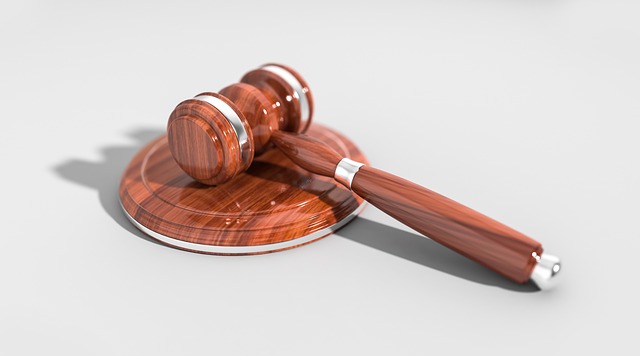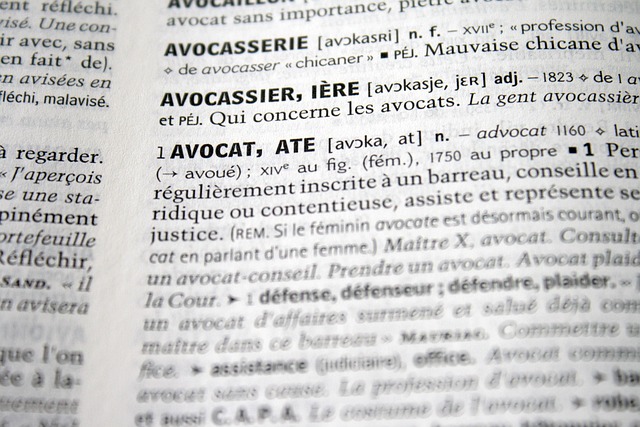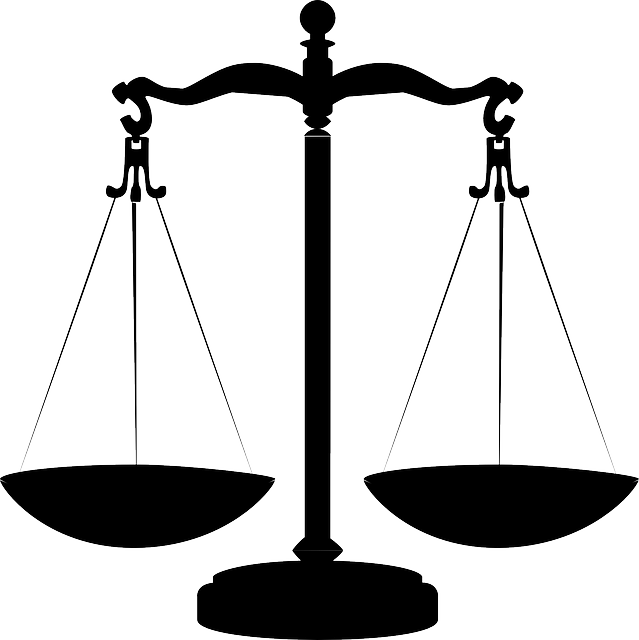Psychological trauma from distressing events can lead to mental health conditions and entitle victims to compensation in personal injury cases. Building a strong case requires meticulous documentation, strategic planning, and expert legal guidance. An experienced lawyer navigates insurance complexities, compiles evidence, and presents it effectively to establish the link between the incident and psychological harm, protecting rights and improving compensation outcomes. After filing, the attorney reviews the case, gathers evidence, files documents, and advocates for rights during hearings and negotiations.
Experiencing psychological trauma can leave lasting effects, impacting daily life and overall well-being. When such harm results from another’s negligence or intentional act, it’s crucial to understand your legal rights. This article delves into navigating a personal injury case for psychological trauma claims, offering guidance on building a strong case, understanding legal standing, and what to expect throughout the process. By exploring these key aspects, individuals can take the necessary steps towards justice and compensation.
- Understanding Psychological Trauma and Its Legal Standing
- Building a Strong Case for Compensation
- Navigating the Process: What to Expect After Filing
Understanding Psychological Trauma and Its Legal Standing

Psychological trauma is a profound and lasting impact on an individual’s mental health, often resulting from distressing events or experiences. It can manifest in various forms, such as post-traumatic stress disorder (PTSD), anxiety disorders, depression, and other psychological conditions. In the context of personal injury cases, understanding the severity and long-term effects of psychological trauma is crucial when making claims for compensation.
When it comes to legal standing, psychological trauma holds significant weight in personal injury cases, especially in situations like slip and fall incidents or real estate disputes. Victims who have suffered mental harm as a direct consequence of an injury may be entitled to seek damages. Proper documentation and expert testimony are essential to establish the connection between the traumatic event and the subsequent psychological conditions. Skilled legal representation can guide individuals through this complex process, ensuring their rights are protected and they receive the compensation they deserve for their physical and mental injuries.
Building a Strong Case for Compensation

Building a strong case for compensation in a personal injury claim involving psychological trauma requires a thorough and strategic approach. It’s essential to document every detail related to the incident, including medical records, witness statements, and any evidence that supports the extent of the psychological harm suffered. Retaining the services of an experienced personal injury lawyer can significantly enhance your chances of securing fair accident compensation. They will guide you through the legal process, ensuring all necessary steps are taken to present a compelling case.
A skilled attorney will also help navigate the complexities of insurance claims and communicate with insurers effectively. By compiling comprehensive evidence and presenting it in a structured manner, they can persuade the insurer or a court that the psychological trauma was a direct result of the incident, thereby justifying injury compensation. This involves careful consideration of legal precedents and an understanding of applicable laws to ensure your rights are protected throughout the process.
Navigating the Process: What to Expect After Filing

After filing a personal injury case for psychological trauma claims, it’s important to understand what to expect as the process unfolds. Initially, your attorney will thoroughly review your case, gathering all necessary evidence and documentation to support your claim. This may include medical records, police reports, witness statements, and any other relevant information that can help strengthen your case.
Once the initial preparation is complete, the next step involves filing legal documents with the appropriate court. Your attorney will guide you through this process, ensuring all paperwork is correctly submitted. From there, a series of hearings and negotiations begin. During these proceedings, both parties—you and the defendant—present their arguments, with your lawyer advocating for your rights and pursuing a fair settlement or trial if necessary. The goal is to achieve an accident settlements that compensates you for your serious injuries and any resulting emotional distress.
A personal injury case involving psychological trauma requires a comprehensive understanding of both the legal framework and the unique challenges such claims present. By building a robust case, backed by medical evidence and professional testimonies, individuals can secure compensation for their suffering. After filing, the process demands patience as legal teams navigate complex procedures. Remember that seeking justice for psychological trauma is feasible, and with the right approach, individuals can find resolution and begin their healing journey.





